Power of Attorney- POA
A powerful legal document

As we journey through life, one of the most critical aspects to consider is ensuring that our affairs are in order, especially as we age. One essential tool in this regard is the Power of Attorney (POA).
Power of Attorney is a legal document that grants someone you trust the authority to manage your financial affairs on your behalf. This trusted individual, often a family member or close friend, steps in to handle various tasks such as paying bills, managing investments, and making financial decisions when you are unable to do so yourself.
Looking at a few real-life examples can make it easier to understand how a Power of Attorney works and when it can be most useful.
Example: Business Owner’s Contingency Plan
Scenario: Robert, a 62-year-old small business owner, worries about what will happen to his business operations if he becomes incapacitated due to illness.
Solution: Robert drafts a POA, naming his trusted business partner as his agent. This ensures his partner can access business accounts, sign contracts, and make decisions to keep the business running smoothly in Robert’s absence.
For older adults, having a Power of Attorney in place is particularly important. As we age, unforeseen circumstances such as illness or memory problems may arise, making it challenging to manage financial matters independently. The Power of Attorney provides a safety net, ensuring that someone you trust can step in and handle your affairs when you need assistance the most.
Example: Medical Emergency
Scenario: Linda, a 58-year-old woman, suffers a sudden stroke, leaving her temporarily unable to communicate or manage her financial and healthcare decisions.
Solution: Linda had previously created a Durable POA, naming her husband as her agent. This enables her husband to handle her finances and make medical decisions without needing court intervention, ensuring Linda receives proper care.
Many adults’ express concerns about relinquishing control over their finances through a Power of Attorney. However, it's essential to understand that a POA can be tailored to your specific needs and preferences. You can designate when it becomes effective, specify which powers are granted, and even appoint multiple individuals to act jointly or successively.
Example: Blended Family Estate Planning
Scenario: Emma, a 70-year-old widow with children from a previous marriage, wants to ensure her estate is managed fairly if she becomes incapacitated.
Solution: Emma creates a POA, naming her eldest daughter and a trusted family friend as co-agents. She specifies their roles clearly in the document, ensuring her financial matters are handled according to her wishes without family disputes.
Furthermore, some may worry about the potential for abuse or misuse of power by the designated agent. To mitigate this risk, it's crucial to choose someone trustworthy and reliable, and to clearly outline expectations and limitations within the document. Regular communication and oversight can also help ensure that the POA is used responsibly and in the best interest of the principal.
The Role of Trusts in Estate Planning:
In addition to the Power of Attorney, adults may also consider incorporating trusts into their estate planning strategy. Unlike a POA, which only applies during the principal's lifetime, a trust can continue to manage assets even after the individual becomes incapacitated or passes away.
By titling assets in the name of a trust and appointing a successor trustee, adults can streamline the management of their affairs and avoid the need for court intervention. This can be particularly beneficial for assets such as real estate or investment accounts, which may require immediate attention in the event of incapacity.
Example: Frequent Traveler
Scenario: John, a 60-year-old retiree, enjoys traveling internationally for extended periods. While overseas, he realizes he might not be available to handle time-sensitive financial transactions, like selling property or paying taxes.
Solution: John establishes a POA and appoints his brother as his agent. This allows his brother to act on his behalf and manage financial matters while John is away, avoiding any delays or complications.
The Power of Attorney is a powerful tool that can provide adults with peace of mind knowing that their financial affairs are in capable hands. By understanding the purpose of a POA, addressing concerns, and exploring additional estate planning options such as trusts, adults can take proactive steps to protect themselves and their loved ones for the future.
Author: Kinga Wulczynska-Lauer
Disclaimer:
Retirement In Reverse is a mortgage company dedicated to serving older adults, financial planners, and wealth managers with a strong focus on education and informed decision-making. While we strive to provide helpful information on a variety of topics, we are not experts in all areas. That’s why we collaborate with a trusted network of professionals—including attorneys, tax advisors, and financial planners—to help connect you with the right expert based on your individual needs. The information provided in this article is for educational and illustrative purposes only. Before making any financial, legal, or lifestyle changes, we strongly recommend consulting with a qualified professional who can review your personal situation. If you are considering Reverse Mortgage, call Ted Lange at 760-753-1568 to learn more.



